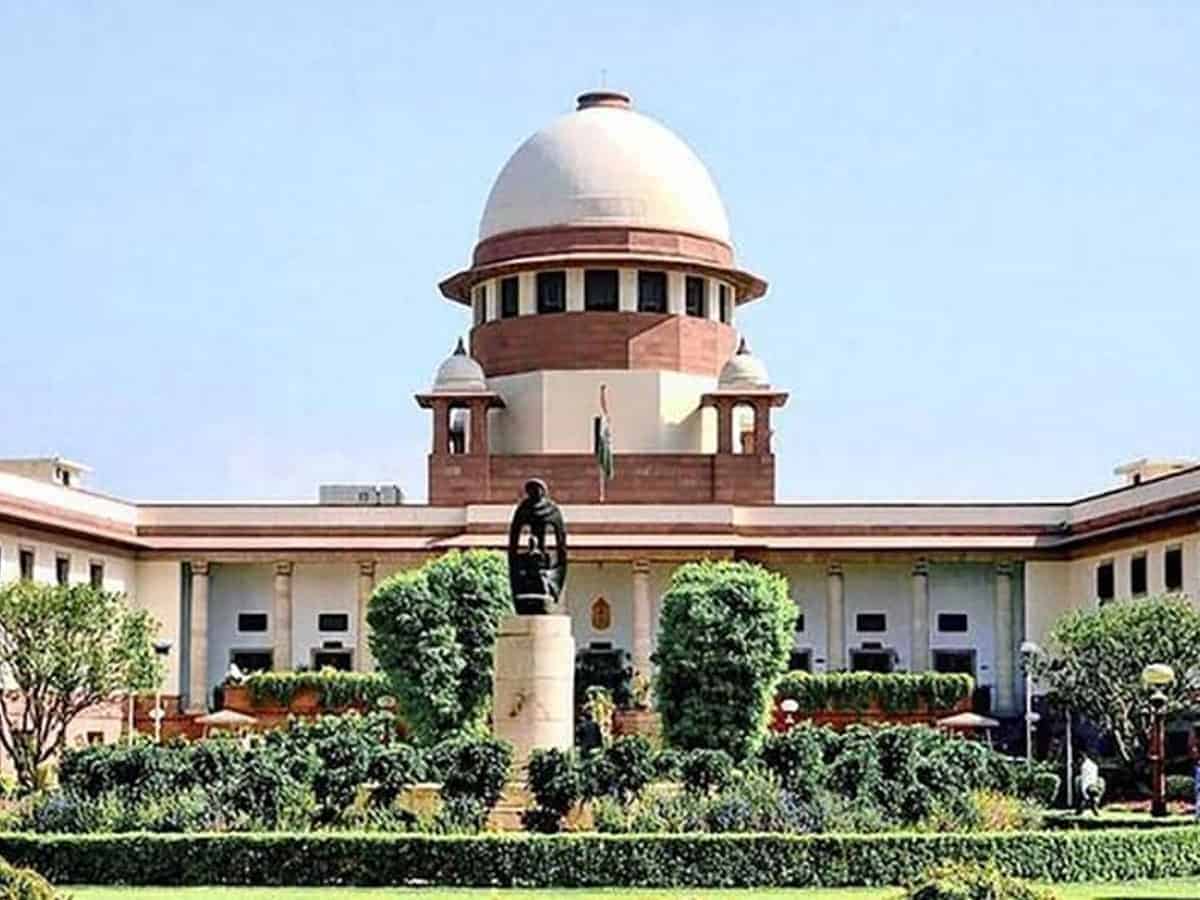New Delhi: The Supreme Court on Thursday declined to release nearly 150-170 Rohingya refugees held in a sub-jail in Jammu while ordering they should not be deported unless the procedure prescribed is followed.
A bench, headed by Chief Justice S.A. Bobde and comprising Justices A.S. Bopanna and V. Ramasubramanian, said: “Two serious allegations have been made in reply of the Union of India. They relate to (i) the threat to internal security of the country; and (ii) the agents and touts providing a safe passage into India for illegal immigrants, due to the porous nature of the landed borders.”
The top court noted a similar application in 2018 challenging the deportation of Rohingyas from Assam was dismissed by it on October 4, 2018.
“It is also true that the rights guaranteed under Articles 14 and 21 are available to all persons who may or may not be citizens. But the right not to be deported, is ancillary or concomitant to the right to reside or settle in any part of the territory of India guaranteed under Article 19(1)(e),” it said.
According to the petitioners, Rohingyas were persecuted in Myanmar even when an elected government was in power and that now the elected government has been over thrown by a military coup, therefore the danger is imminent.
The petitioners also contend that India is a signatory to the Protection of All Persons against Enforced Disappearances, the Convention against Torture and other Cruel and Inhuman or Degrading Treatment or Punishment.
The top court, however, noted that there is no denial of the fact that India is not a signatory to the Refugee Convention, and serious objections are raised, whether Article 51(c) of the Constitution can be pressed into service, unless India is a party to or ratified a convention.
“But there is no doubt that the national courts can draw inspiration from international conventions/treaties, so long as they are not in conflict with the municipal law,” it observed.
Solicitor General Tushar Mehta, representing the Centre, submitted that India has open/porous land borders with many countries, there is a continuous threat of influx of illegal immigrants and such influx has posed serious national security ramifications. He added though the rights guaranteed under Articles 14 and 21 may be available to non-citizens, the fundamental right to reside and settle in this country guaranteed under Article 19(1)(e) is available only to the citizens.
The top court said: “Therefore, it is not possible to grant the interim relief prayed for. However, it is made clear that the Rohingyas in Jammu, on whose behalf the present application is filed, shall not be deported unless the procedure prescribed for such deportation is followed.”
An application had been filed by Mohammad Salimullah and another petitioner, a Rohingya refugee, through advocate Prashant Bhushan, seeking direction from the top court to the government to refrain from implementing any orders on deporting the Rohingya refugees who have been detained in jail in Jammu. The petitioner had also sought their release.

